Food, Microbiome and IBS
Revolutionize Your Gut Health: Unveiling the Power of Diet in Conquering IBS - Simple Strategies for Relief!
Hello, health enthusiasts and curious minds! As a gastroenterologist deeply immersed in the world of nutrition and weight management, I’m thrilled to share some enlightening insights on a topic close to many of our hearts (and stomachs!) – Irritable Bowel Syndrome (IBS). Let’s dive into the world of gut health and discover simple, yet powerful strategies to manage IBS.
Understanding IBS and Its Global Impact
IBS isn’t just a minor inconvenience; it’s a significant global health concern, affecting about 10% of people worldwide. Characterized by recurrent abdominal discomfort and changes in bowel habits, IBS comes in various forms, each with its unique challenges.
The Gut-Brain Connection in IBS
Did you know that your gut and brain are in constant communication? This fascinating connection, known as the gut-brain axis, is a key player in IBS. Stress and psychological factors can profoundly impact your gut health, influencing IBS symptoms.
The Role of Gut Microbiome
Our gut is a bustling metropolis of microorganisms, each playing a vital role in our health. In IBS, an imbalance in these gut bacteria, or gut dysbiosis, can lead to a range of gastrointestinal issues. Maintaining a healthy level of gut-friendly bacteria like Lactobacillus and Bifidobacterium is crucial.
Dietary Management of IBS
Managing IBS goes beyond medication; it’s about embracing a holistic approach, especially through diet. Personalized nutrition is key, focusing on individual needs rather than a generic solution.
Prebiotics and Probiotics
- Prebiotics: These dietary fibers are a feast for our beneficial gut bacteria. Foods like nuts, seeds, whole grains, fruits and vegetables are an excellent source of fiber.
- Probiotics: Live beneficial bacteria, found in foods like yogurt, kefir, and sauerkraut, can significantly improve gut health and balance the microbiome.
Low FODMAP Diet
This diet minimizes certain hard-to-digest carbohydrates, known to trigger IBS symptoms. It’s a phased approach, starting with elimination, followed by reintroduction, and finally, personalization. Following a Low FODMAP Diet can be very overwhelming and restrictive for many. The BYTEMD app can help identify your particular triggers to provide insights on what foods to eat and which to limit or avoid based on your dietary intake and symptoms.
Gluten-Free and Other Exclusionary Diets
While gluten-free diets are popular, their effectiveness for IBS varies. It’s essential to follow these diets under medical guidance to avoid nutritional deficiencies and ensure they’re right for you.
Practical Advice for IBS Management
- Food Diaries: Keeping track of your diet can help pinpoint triggers, that is where BYTEMD can be a valuable resource for you!
- Eating Habits: The way you eat, including meal pacing and liquid intake, can influence IBS symptoms.
- Portion Sizes: Being mindful of portion sizes can alleviate gastrointestinal discomfort.
Managing IBS is about understanding the intricate relationship between your diet and symptoms. With tailored dietary interventions and advanced knowledge of the gut microbiome, we can effectively manage IBS and enhance gut health.
Join the BYTEMD Community!
Eager to learn more and stay updated on our AI-powered nutrition app? Join our BYTEMD community! Our upcoming app is designed to teach you how to eat well to feel well, offering personalized, evidence-based nutrition advice at your fingertips. Stay tuned for a revolutionary approach to managing your gut health and overall well-being. Join Now and be part of this exciting journey!
Remember, managing IBS and improving gut health is a journey, and we’re here to guide you every step of the way. Stay informed, stay healthy, and let’s revolutionize gut health together!
Citation:
Vedantam S, Graff E, Khakoo NS, Khakoo NS, Pearlman M. Food as Medicine: How to Influence the Microbiome and Improve Symptoms in Patients with Irritable Bowel Syndrome. Curr Gastroenterol Rep. 2023 Mar;25(3):52-60. doi: 10.1007/s11894-023-00861-0. Epub 2023 Feb 10. PMID: 36763098.vv

